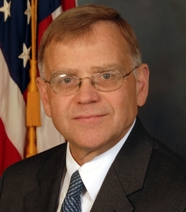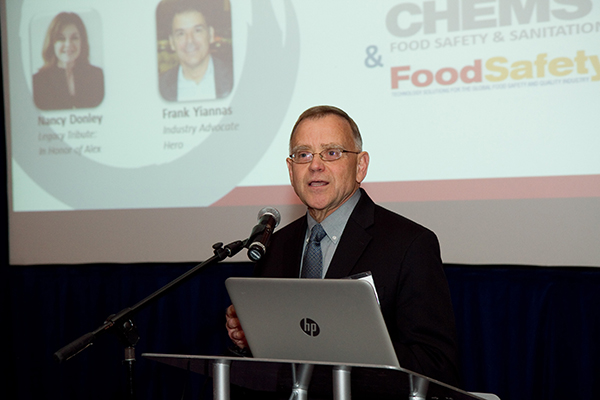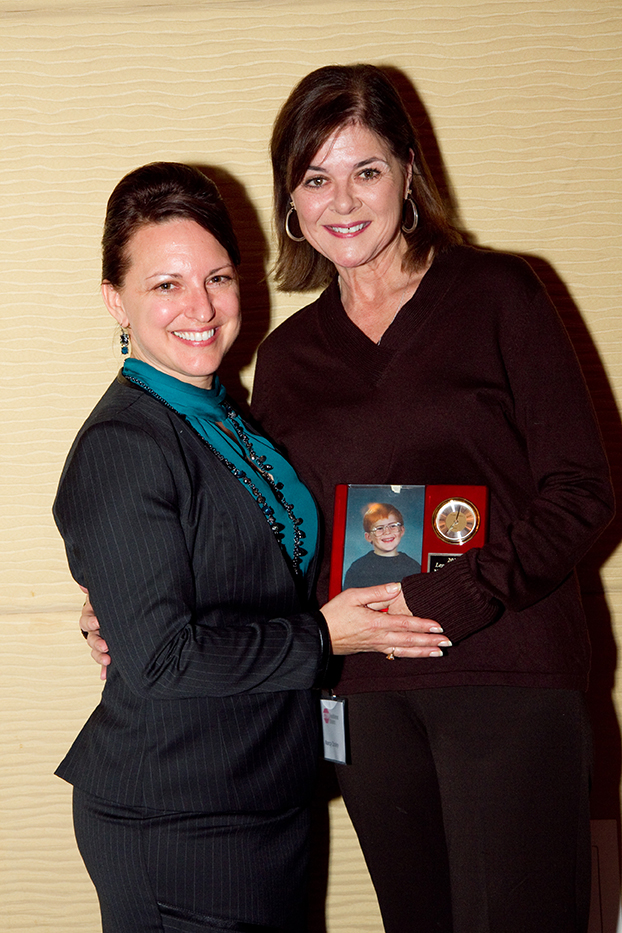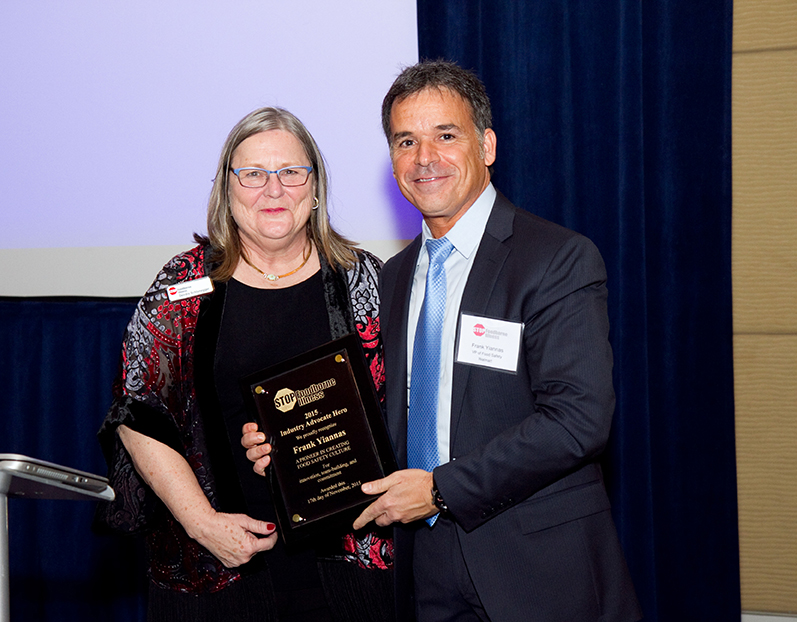A recall or outbreak occurs. Consumers stop buying the food. Industry responds with product innovation. Government enters the picture by establishing standards, initiatives, etc. “That’s my thesis about how changes happen,” said Michael Taylor, board co-chair of Stop Foodborne Illness during a keynote presentation at last week’s Food Safety Summit. Industry has seen a positive evolution over the past 25-plus years, but in order to continue to move forward in a productive direction of prevention, progress must be made without waiting for the next crisis, urged the former FDA commissioner for foods and veterinary medicine.
The strong foundation is there, Taylor added, but challenges persist, including:
- FSMA. There’s still much work to be done in establishing accountability across the board, including throughout supplier networks.
- Lack of technology adoption. The failure to use already available tools that can help achieve real-time traceability.
- Geographic hazards. This is a reference to the contamination that occurred in the cattle feedlot associated with the romaine lettuce outbreak in Yuma, Arizona. “We’re dealing with a massive hazard…and trying to manage the scientific ignorance about the risk that exists,” said Taylor. In addition, in February FDA released its report on the November 2018 E.coli O157:H7 outbreak originating from the Central Coast growing region in California, also implicating contaminated water as a potential source. “There are still unresolved issues around leafy greens,” Taylor said. “What are we going to learn from this outbreak?”
Taylor went on to emphasize the main drivers of industry progress: Consumers and the government. Consumer expectations for transparency is rising, as is the level of awareness related to supply chain issues. Social media also plays a large role in bringing consumers closer to the food supply. And the government is finding more outbreaks then ever, thanks to tools such as whole genome sequencing. So how can food companies and their suppliers keep up with the pace? A focus on building a strong food safety culture remains a core foundation, as does technological innovation—especially in the area of software. Taylor believes one of the keys to staying ahead of the curve is aggregating analytics and successfully turning them into actionable insights.
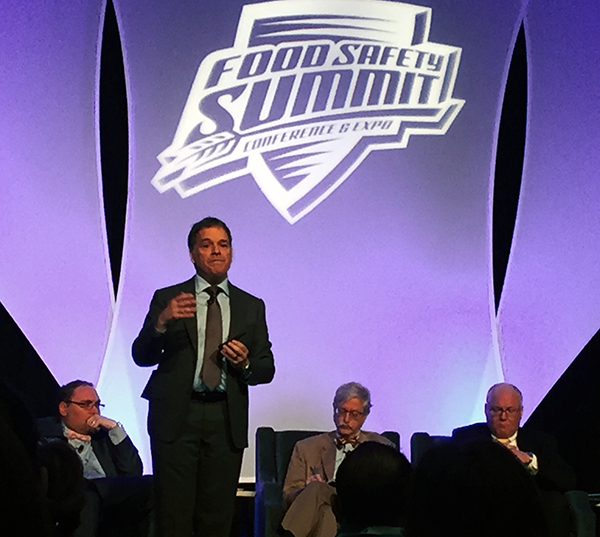
FDA recently announced its intent to put technology innovation front and center as a priority with its New Era of Food Safety initiative. “This isn’t a tagline. It’s a pause and the need for us to once again to look to the future,” said Frank Yiannas, FDA’s deputy commissioner for food and policy response during an town hall at the Food Safety Summit. “The food system is changing around us dramatically. Everything is happening at an accelerated pace. The changes that are happening in the next 10 years will be so much more than [what happened] in the past 20 or 30 years…We have to try to keep up with the changes.” As part of this “new era”, the agency will focus on working with industry in the areas of digital technology in food traceability (“A lack of traceability is the Achilles heel of food,” said Yiannas), emerging technologies such as artificial intelligence and machine learning, and e-commerce. Yiannas said that FDA will be publishing a blueprint very soon to provide an idea of what areas will be the main focus of this initiative.


